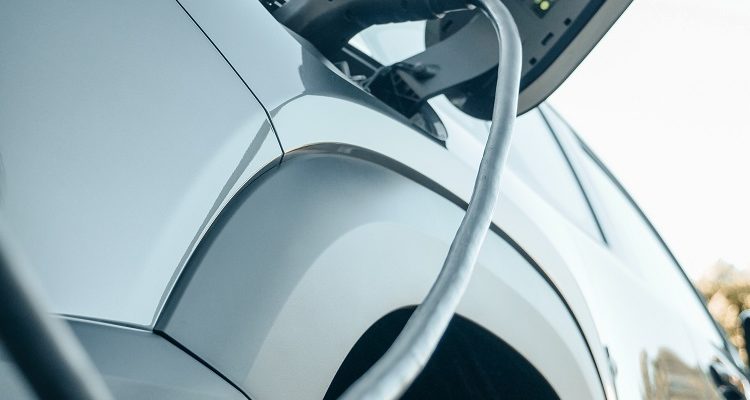
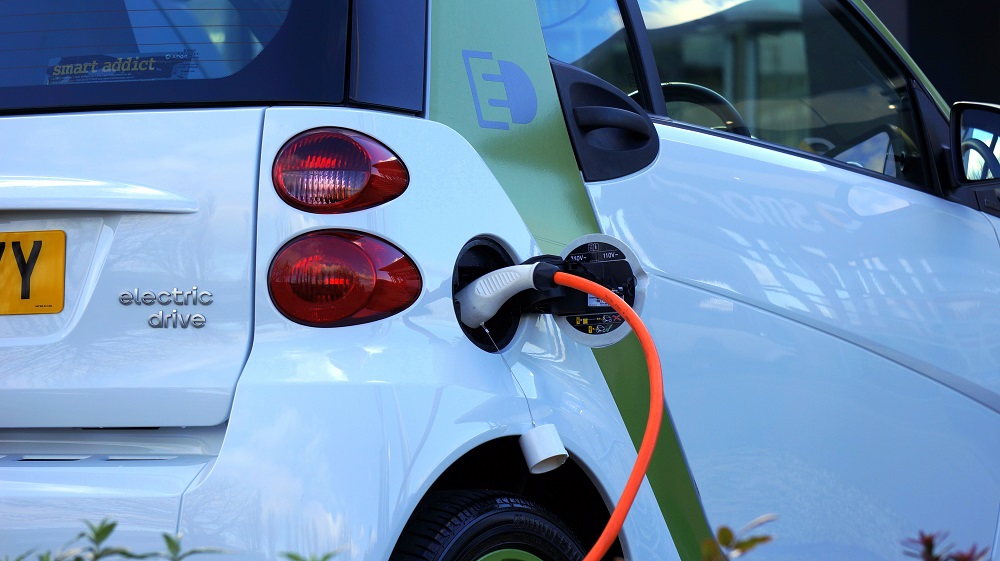
Finance and the Public Service Minister Dr Nigel Clarke has put motor vehicle operators on notice that Jamaica should, within the next decade, see 100 per cent of its vehicles electrically powered, as, he argued, there is currently no developed country more exposed to the price of oil.
“We … need to be strategic and think long term. Having such a dependence o oil for our energy needs is a risk to Jamaica’s economic security,” Clarke told members of the House of Representatives as he made his opening contribution to the 2022-2023 Budget Debate.
“We must rid ourselves of this unhealthy dependence on oil. The Prime Minister will speak more fulsomely on this.”
The finance minister noted that, while a huge source of Jamaica’s oil import bill is for petroleum used by cars, technology currently exists today that would allow the country to reduce that dependence and reduce the
operating cost of consumers.
“Electric vehicles cost 1/3 of what petroleum powered vehicles cost to fuel. If it costs $10,000 to fill a car with petrol, it would cost $3,000 if the car was powered by electricity. This is so as using petrol as a fuel wastes so much energy in form of exhaust,” Clarke said.
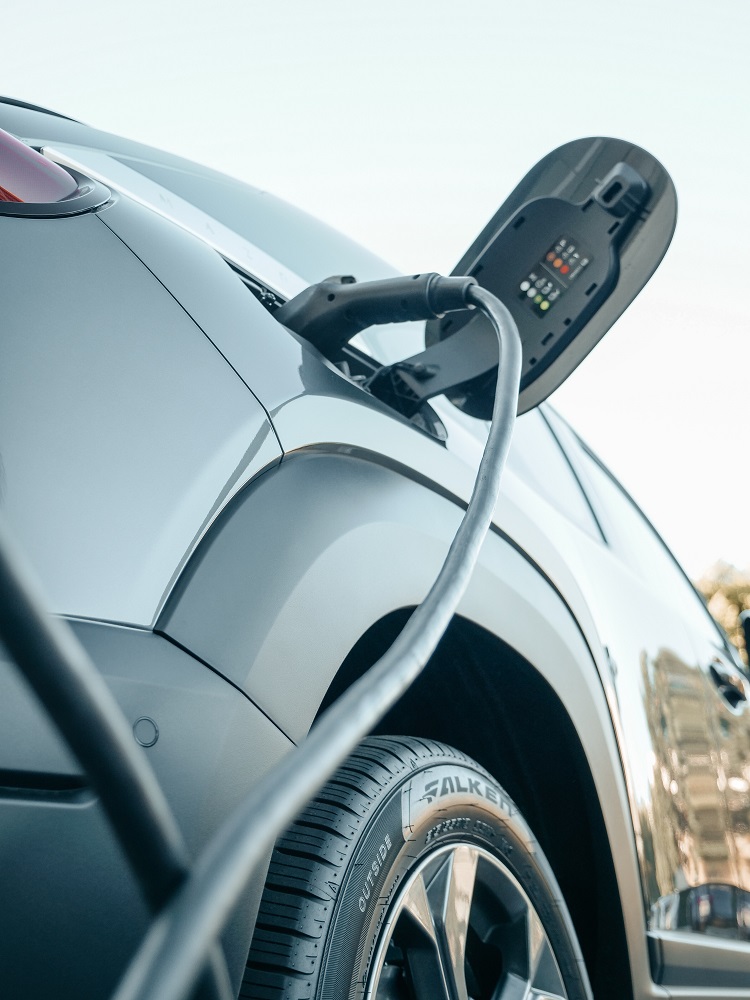
“Having more electric vehicles would allow Jamaica to have more renewable energy as there is synergy between renewable energy’s intermittency problem and electric cars’ need for storage.
“Eventually, in a decade, motor vehicles in Jamaica need to be 100% electrically powered, with energy from the sunshine. This would rid us from the kind of oil price vulnerability that we have today and consumers would enjoy much more stable prices to operate their cars.”
The finance minister acknowledged that the change will not occur overnight, but stressed that efforts must be made to start the process.
“However, because duties on motor vehicles are such a huge part of Government revenues we will need to limit the number of electric vehicles being imported that benefit from this duty reduction to 1,000 per annum.”
Dr Nigel Clarke, minister of finance and the public service
“For this reason we intend to incentivise the purchase of electric vehicles by reducing the import duty on electric motor vehicles from 30 per cent to 10 per cent, for an initial five-year period; and exempting the annual registration fees on battery electric vehicles.”
With the Government earning $27 million in duties from the importation of electric vehicles last year, the measure will cost $18 million on current volumes.
“However, because duties on motor vehicles are such a huge part of Government revenues we will need to limit the number of electric vehicles being imported that benefit from this duty reduction to 1,000 per annum,” he added.
“This measure is also to be implemented in the first quarter of financial year 2022-2023 and further details will be provided on its implementation.”

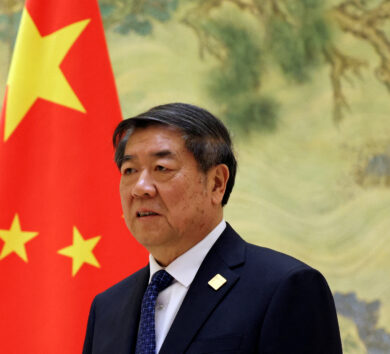

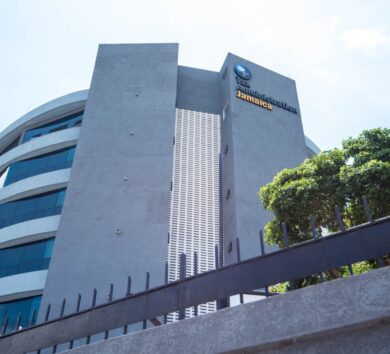


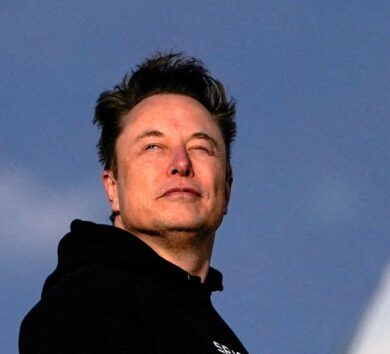
Comments